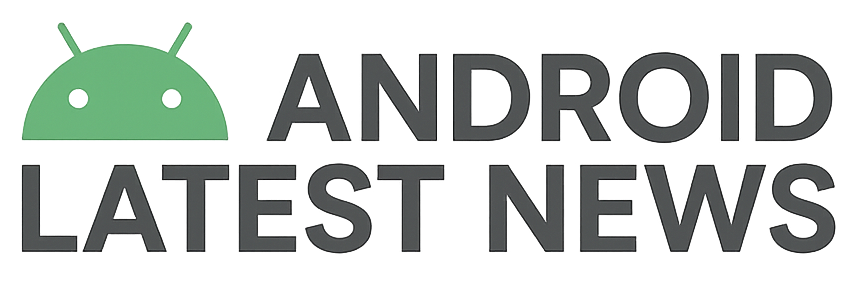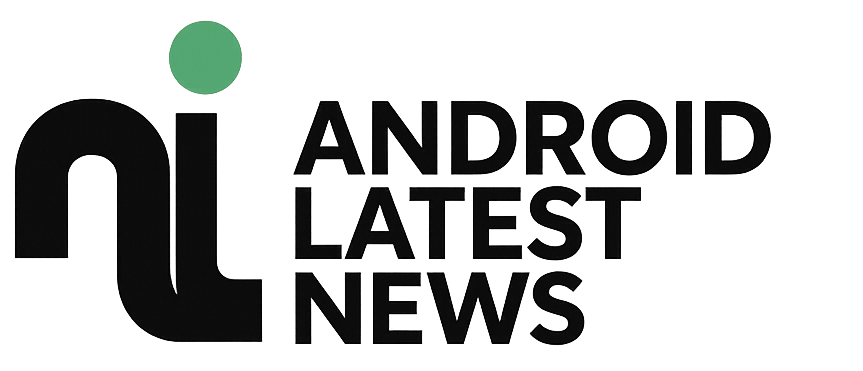In the ever-evolving landscape of mobile browsing, Google is reportedly exploring ways to enhance the Chrome experience on Android by integrating innovative features inspired by its recent experimental AI tool, NotebookLM. As users increasingly demand smarter and more intuitive ways to manage information, this potential borrowing of NotebookLM’s standout capabilities could mark a significant step forward in how Chrome supports productivity and knowledge management on mobile devices. This article delves into what this crossover might entail and its implications for the future of mobile browsing.
Chrome on Android Set to Integrate Advanced AI-Powered Note Taking
Google is preparing to enhance the browsing experience on Android by embedding an AI-driven note-taking feature directly into Chrome. This innovation draws inspiration from NotebookLM’s standout capabilities, offering users a seamless way to organize and retrieve information without leaving the browser. By leveraging advanced natural language processing, Chrome will allow users to capture key insights, annotate web pages, and generate summaries on the fly, transforming the way research and casual browsing interconnect.
Key functionalities are expected to include:
- Contextual note generation based on visited content, making it easier to compile data from multiple sources.
- Smart categorization to automatically organize notes into personalized folders or tags.
- Quick search options that integrate AI to swiftly locate previously saved snippets or annotations.
Early impressions suggest this integration could redefine productivity for mobile users, bridging the gap between browsing and knowledge management with unprecedented efficiency.
Exploring the Potential Impact on User Productivity and Browsing Experience
Integrating NotebookLM’s advanced note-taking and organizational capabilities into Chrome on Android could redefine how users interact with their browsing environment. By enabling real-time contextual summaries, AI-driven content tagging, and seamless note aggregation directly within the browser, users can efficiently capture key insights without disrupting their workflow. This fusion not only streamlines information management but also empowers users to transition from passive consumption to active engagement, enhancing overall productivity during research, reading, or multitasking sessions.
Beyond productivity gains, the browsing experience itself stands to become more intuitive and personalized through several potential enhancements:
- Smart search enhancements: Improved result relevance augmented by prior notes and user preferences.
- Adaptive content recommendations: Tailored suggestions based on browsing habits and saved annotations.
- Unified knowledge base: Easy access to accumulated insights and key information without switching apps or tabs.
These innovations could significantly lower cognitive load, allowing users to focus on critical tasks while seamlessly navigating the digital landscape. Ultimately, this convergence of browsing and note-taking could mark a major step forward in the evolution of mobile web interaction.
Technical Challenges and Solutions for Seamless NotebookLM Feature Adoption
Integrating NotebookLM’s advanced capabilities into Chrome on Android is not without its complexities. One core technical challenge lies in balancing resource-intensive AI processing with the limited computational power and battery life of mobile devices. Ensuring smooth performance without draining resources demands innovative optimization techniques, such as edge computing and adaptive load distribution between the device and cloud servers. Additionally, maintaining robust data privacy and security standards while handling sensitive user note content calls for stringent encryption protocols and transparent user controls.
Addressing these hurdles requires a multi-faceted approach. Developers are exploring solutions including:
- Incremental AI model updates: Delivering smaller, modular AI updates minimizes app bloat and boosts responsiveness.
- Hybrid processing frameworks: Offloading complex computations to cloud infrastructure when connected, while leveraging on-device AI for offline functionality.
- Context-aware UI design: Crafting an intuitive, responsive interface that seamlessly blends AI insights with traditional browsing habits, enhancing adoption without disruption.
By pioneering these strategies, Chrome on Android can effectively harness NotebookLM’s power, offering users an intelligent, frictionless note-taking and browsing experience.
Recommendations for Developers to Optimize AI Integration in Mobile Browsers
To fully harness the potential of AI-driven features in mobile browsers, developers should prioritize seamless contextual awareness and minimal disruption to user workflows. Leveraging on-device processing where possible can reduce latency and preserve privacy, ensuring AI assistance feels immediate and trustworthy. Emphasizing adaptive algorithms that can recognize diverse content types-from text-heavy articles to multimedia-will also empower more intuitive, dynamic interactions that mirror the fluidity of real-world note-taking and research.
Practical implementation steps include:
- Integrating AI modules that proactively summarize or contextualize page content without requiring explicit user input.
- Designing intuitive UI elements that allow users to toggle AI assistance, ensuring control remains in their hands.
- Optimizing resource consumption to balance AI functionality with battery and performance constraints typical of mobile devices.
- Incorporating feedback mechanisms to continuously improve AI relevance based on real-world user behavior and preferences.
As Chrome on Android potentially integrates NotebookLM’s standout feature, users can anticipate a more intuitive and efficient browsing experience tailored to their needs. This development signals Google’s ongoing commitment to enhancing mobile productivity through innovative AI technologies, blurring the lines between traditional browsing and smart, contextual assistance. While details remain sparse, the fusion of Chrome’s ubiquity with NotebookLM’s intelligent capabilities could redefine how we interact with information on the go-marking a significant step forward in mobile browsing evolution.



